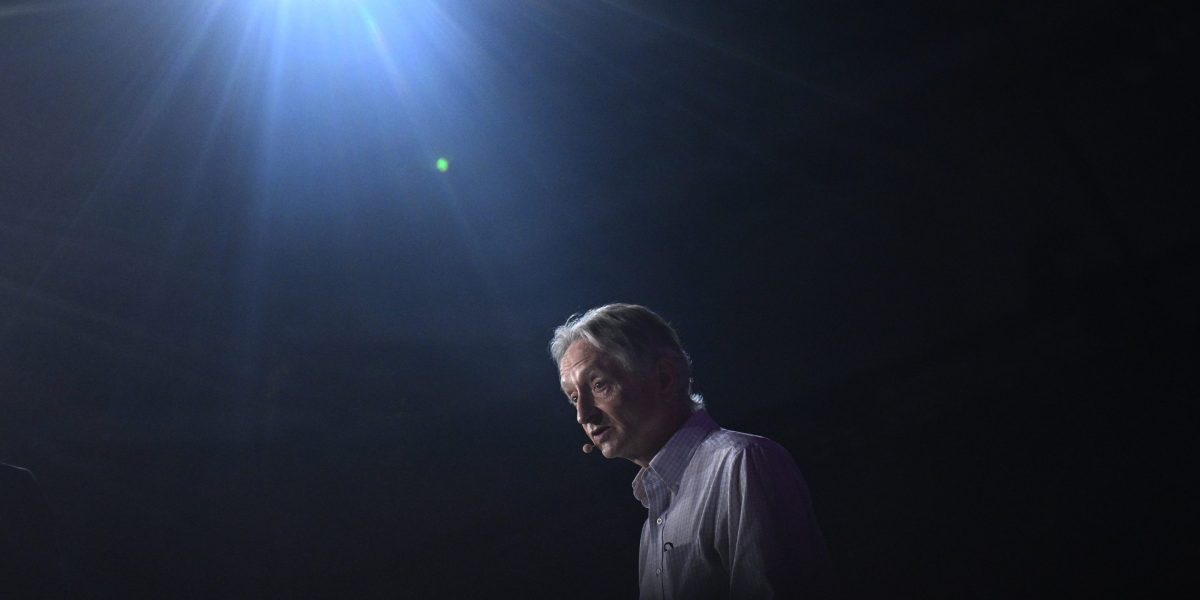
The recent Nobel Prize awarded to Geoffrey Hinton for his contributions to artificial intelligence (AI) has sparked controversy, exposing a deeper issue in how society rewards innovation. While Hinton is celebrated for his pioneering work in AI and popularizing backpropagation, critics, including AI expert Jürgen Schmidhuber, argue that the prize overlooks the foundational contributions of Paul Werbos and Shun-Ichi Amari—two figures whose groundbreaking work decades earlier laid the groundwork for modern neural networks. Werbos’s 1974 PhD thesis and Amari’s 1972 adaptive learning model were crucial stepping stones, yet their efforts have largely been overshadowed by the visibility of later figures like Hinton.
The Nobel Prize—the highest honor in science—should recognize the full spectrum of contributions. The oversight in Hinton’s case reflects a broader misunderstanding of innovation itself. The myth of the lone genius, often epitomized by figures like Steve Jobs and Elon Musk, dominates public narratives, leading us to believe that major breakthroughs occur in isolation. In reality, most advances result from cumulative, collaborative efforts. While Hinton’s recognition is deserved, it underscores a common flaw in how credit is distributed: The contributions of early pioneers often fade from view as those who build upon their work take the spotlight.
This is not a problem unique to AI. The history of technology is full of similar stories. Steve Jobs didn’t invent the iPhone from scratch. The iPhone was the product of incremental innovations in smartphones, just as the Macintosh borrowed heavily from innovations developed at Xerox PARC. Jobs’s brilliance lies in refining these technologies—making them intuitive and accessible to the masses. As Jobs himself admitted, “Good artists copy, great artists steal,” a nod to the reality that innovation often involves improving existing ideas rather than creating something entirely new.
Elon Musk’s association with Tesla offers another revealing example. Musk joined Tesla in 2004, years after it was founded by Martin Eberhard and Marc Tarpenning. While Musk is often credited with revolutionizing the electric vehicle industry, electric cars have existed for over a century. Musk’s genius wasn’t in inventing electric vehicles—it was in turning the concept into a desirable, scalable, and profitable product. Tesla’s success came not from invention but from relentless execution and refinement, pushing boundaries in battery technology and autonomous driving.
This dynamic is central to Silicon Valley, where companies routinely build on existing ideas and take them to new heights. Facebook (now Meta) didn’t invent social networking—MySpace and Friendster had already created the category. Google wasn’t the first search engine—AltaVista and others existed long before. What made Facebook and Google succeed was their ability to refine and scale these concepts to global prominence. Silicon Valley’s true strength lies not in creating entirely new technologies, but in improving and expanding existing ones.
Artificial intelligence follows a similar path. Hinton’s work was pivotal, but it stood on the shoulders of earlier research. Werbos and Amari’s contributions were critical to the development of neural network techniques that would later power breakthroughs like AlphaGo and OpenAI’s GPT. These technologies didn’t materialize out of thin air—they were the result of decades of incremental progress. Focusing too much on individual figures distorts the reality of technological advancement, which is nearly always a collaborative, multi-layered process.
This brings us to a fundamental truth about innovation: Being the first to develop an idea isn’t as important as being the one who refines, scales, and executes it effectively. Innovation is not about singular genius—it’s about collective progress. When we only credit the most visible figures, we miss the contributions of those who laid the groundwork for breakthroughs.
The controversy surrounding Hinton’s Nobel Prize should spark a reevaluation of how we recognize innovation. Werbos and Amari’s foundational work deserves greater recognition, as their early efforts were critical to enabling Hinton’s advances. Innovation is rarely the product of one person’s genius—it’s a collaborative journey built on incremental improvements over time.
Looking ahead, the most significant advancements in AI and other technologies will likely come not from those who invent entirely new concepts but from those who can refine and adapt existing ideas to meet new challenges. Tesla’s success wasn’t in creating the electric vehicle, but in transforming it into something desirable, scalable, and practical. Apple’s triumph wasn’t about inventing the smartphone or the personal computer—it was about making them accessible and indispensable.
True innovation is measured not by where an idea starts, but by how it evolves, how it is improved, and how it transforms industries. The innovators we celebrate should include not only those who popularize ideas but also those who lay the foundations of these breakthroughs. Only by acknowledging this broader network of contributors can we fully appreciate how progress truly happens.
More must-read commentary published by Fortune:
The opinions expressed in Fortune.com commentary pieces are solely the views of their authors and do not necessarily reflect the opinions and beliefs of Fortune.

